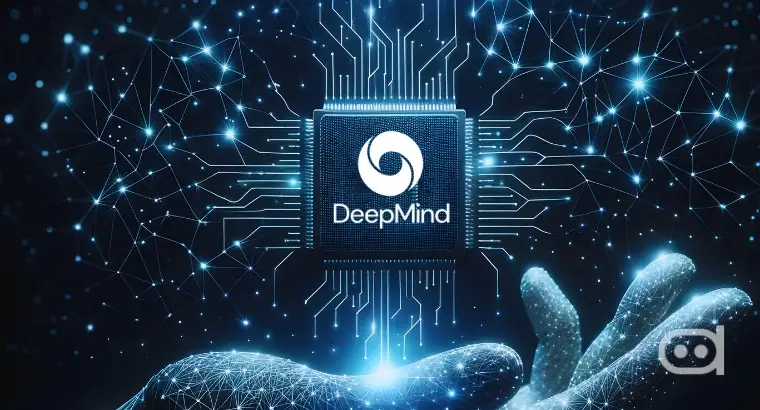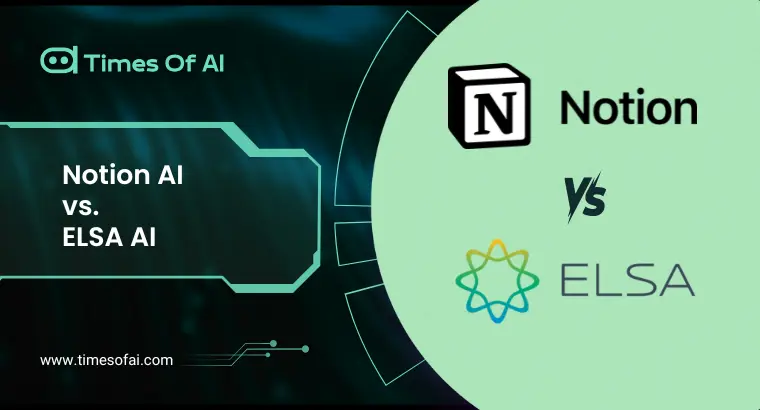
Google DeepMind, under Alphabet Inc., is in the process of transitioning from a research laboratory to an artificial intelligence product manufacturer. In this way, it strives to position itself more favorably in the constantly evolving environment of the AI market. This is a major shift in the strategic direction for a firm that has been in the limelight for its innovative forays into AI research.
Google, one of the top technology giants, recently merged two of its artificial intelligence divisions, including Google Brain and DeepMind. The rationale for this decision is to focus on the growth of AI commercial offerings. This was due to increasing competition from other companies, such as OpenAI, and internal pressure within Google.
These pressures became evident when Google encountered difficulties with its AI Overviews feature, leading to bizarre recommendations such as eating rocks or applying glue to pizza. Even though it immediately responded to these concerns, it exposed the challenges that Google faces in the realm of artificial intelligence.
Such restructuring is considered a countermeasure in light of the potential threats that new technologies like OpenAI’s ChatGPT may pose. Some industry professionals believe that these changes may lead to Google Search’s obsolescence. Since Search is the source of most of the company’s income, it has potentially far-reaching consequences and appears to be a measure necessary for the company to survive.
In April 2023, Google announced a merger of two major AI research groups, Google Brain and DeepMind, into a ‘super group’ to enhance its AI services as well as invest in state-of-the-art research. This merger aims to leverage both Google’s large talent acquisition pool and its grounding in more basic AI research.
However, it also presents certain risks because it may adversely affect the friendly working atmosphere that has been the key to the success of implementing innovations at Google. Some critics have questioned whether this new structure will stifle the kind of freeform experimentation that has fueled many of Google’s past breakthroughs.
Google’s then-CEO, Sundar Pichai, unveiled this division as part of a broader restructuring plan in April 2023. This consolidation entailed centralizing all AI activities in the newly created DeepMind. The primary objective of this restructuring is to ensure that Google does not lag behind similar corporations like Microsoft Corp., which has recorded remarkable progress in its AI projects.
Among the current standing initiatives, an important project in the works is AlphaFold 3, a deep-learning algorithm for predicting the folds and linkages of diverse biomolecules. This revolutionary technology has the potential to revolutionize medical examinations and disease therapies. It discusses how AI can transform scientific and practical progress.
Some people oppose this shift as global business strives to advance artificial intelligence. The co-founder of Google DeepMind, Demis Hassabis, has warned people of too much hype about AI and how it is not beneficial in terms of scientific progress. As this perspective suggests, there is a compelling notion of striking a middle ground here, especially in addressing the issues surrounding the use of AI in generating profits in business.
Furthermore, the state of the industry remains dynamic, especially with the recent news that Mustafa Suleyman, one of DeepMind’s co-founders, joined Microsoft in March. Suleyman has said that he is interested in becoming a member of an organization that has a remarkably positive workplace culture. This move highlights the competitive and dynamic nature of the AI industry, where top talent and innovative ideas exchange hands among top technology companies.





